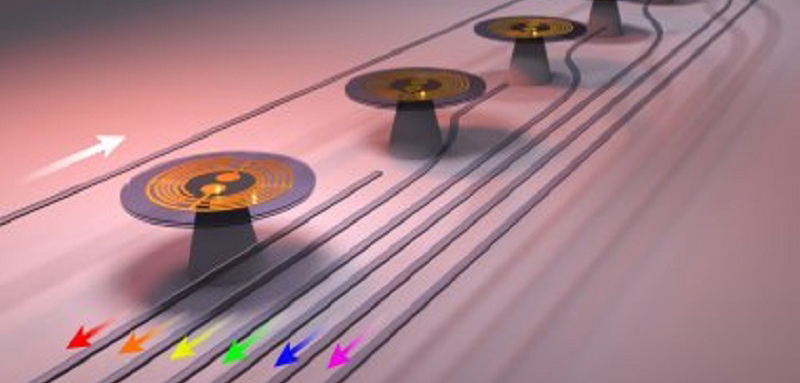The University of Queensland is developing what it is calling the next-generation of sensor technology, which could offer ultra-precise navigation and communication for unmanned vehicles.
As part of a A$6.6m (US$4.6m) project, the University of Queensland (UQ) is working on an initiative to use quantum technology for the new sensors. Quantum technology focuses on building electronics componentry that is smaller and faster than is physically possible today.
The UQ is working with the Australian Defence Force, NASA and technology companies Orica Ltd and Skyborne Technologies for use in defense applications, and would open up the potential for use on autonomous vehicles.
“This is an exciting new direction, applying quantum physics to major challenges in modern technology,” said UQ scientist Professor Warwick Bowen.
“Quantum sensors allow greatly improved performance and could transform navigation and positioning capabilities for unmanned vehicles.
“These sensors will be so precise that the laws of quantum physics are required to understand how they function.
“And they’ll be built from both nano-engineered mechanical devices fabricated on a silicon chip, and atomic gases cooled until they behave as matter waves.”


